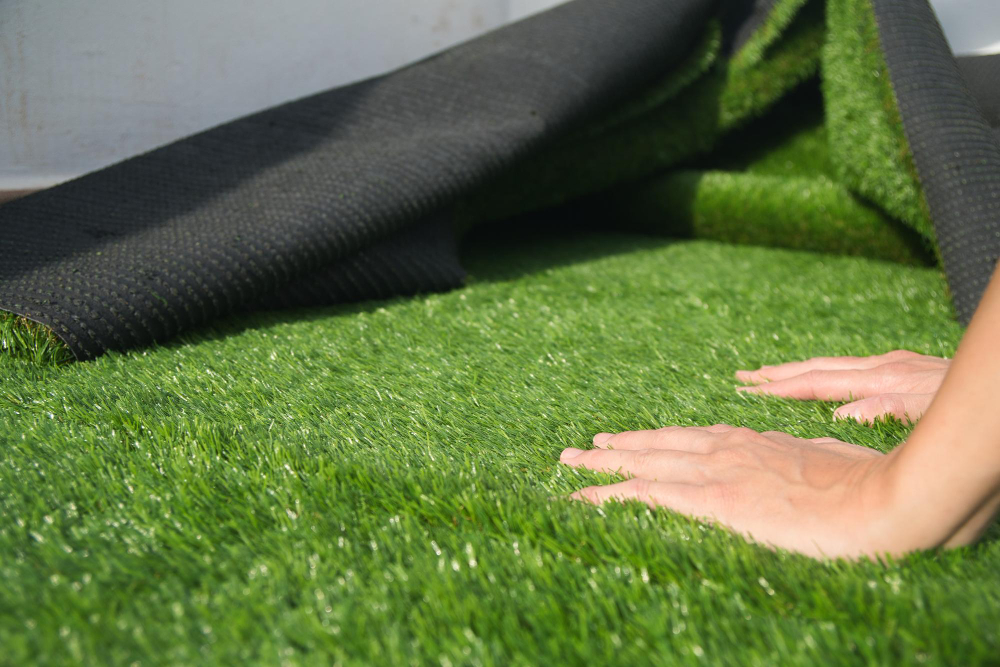Synthetic Turf As A Sustainable Alternative

Synthetic turf has become a popular choice for many homeowners and businesses owners looking for sustainable alternatives to natural grassy lawns. With synthetic turf, you get numerous benefits that make it an attractive choice for those looking for cost-effective, water-efficient, and low-maintenance landscaping options. In this blog post, we will dive into some of the reasons why synthetic turf is a sustainable alternative to natural grass and why it's worth considering for your next landscaping project.
1. Water Conservation
An undeniable advantage of synthetic turf over natural grass is that it does not require watering, helping to conserve water in drought-prone areas. Synthetic turf installers use top-quality products that allow for drainage and moisture control, which means that rainwater is retained in the soil and not lost to runoff. Also, synthetic turf eliminates the need for irrigation, which saves homeowners and business owners a significant amount of money on water bills.
2. No Chemicals
Synthetic turf doesn't require pesticides, fertilizers or herbicides to keep it looking fresh and healthy. Natural grass provides an environment for pests, such as rodents and insects, to live and feed on which often necessitates the use of chemicals, which can be harmful to the environment and health. Synthetic turf eliminates the risk of toxic contamination to soils, water bodies, and even pets.
3. Safe for Children and Pets
Unlike natural grass, synthetic turf doesn't require any chemicals or fertilizers, which make it safe for children and pets to play on without worrying about exposure to harmful contaminants. Also, synthetic turf isn't susceptible to due to its even surface and durability.
4. Low Maintenance
Unlike natural grass that requires mowing, watering and weeding, synthetic turf doesn't require regular upkeep - making it a more cost-effective option for homeowners and businesses. The maintenance required for synthetic turf, such as sweeping debris and occasional deep cleaning, is minimal and can be carried out with ease.
5. Lasts Longer
Synthetic turf is designed to last up to 20 years before replacement. Unlike natural grass, which has a lifecycle of around 7 years before re-seeding or renovation is required. Given its long lifecycle, synthetic turf offers financial savings over the lifetime of the installation.
Conclusion
Choosing synthetic turf as a sustainable alternative to natural grass is a decision that provides multiple benefits to homeowners and businesses while promoting environmental and social sustainability. By conserving water, eliminating the need for chemicals, offering safety to pets and children and keeping maintenance cost low, synthetic turf offers homeowners and businesses a low-maintenance, cost-effective, and environmentally-friendly option. If you're considering synthetic turf for your landscaping needs, contact professional synthetic turf installers in Florida like From The Ground Up Landscaping for a free consultation and quote.